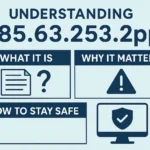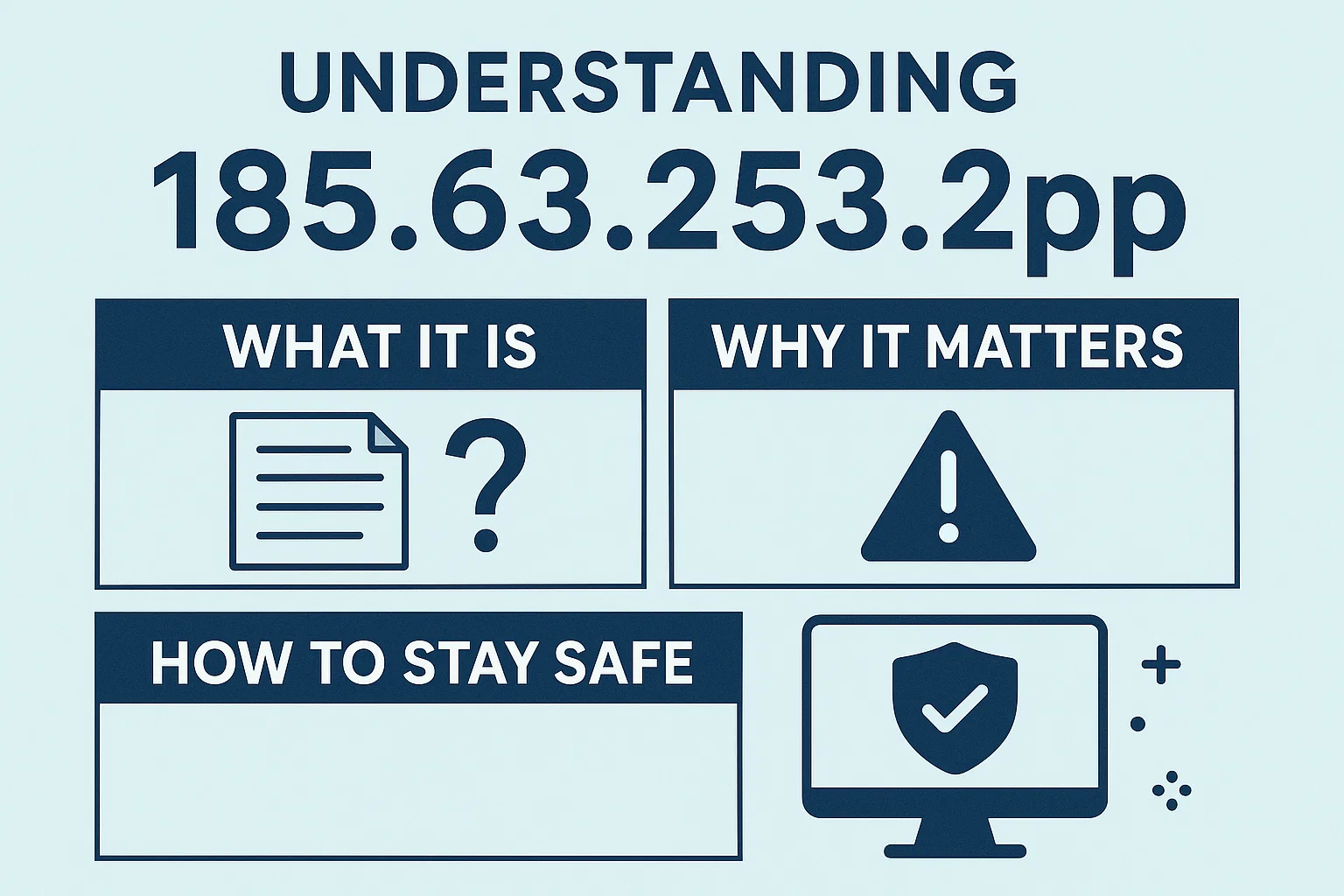Have you ever wondered what makes contracts the foundation of every successful business deal? Today, mastering contract management can set you apart as a standout professional and Contract Management Courses can help you achieve this. But What is Contract Management, and why is it so essential?
Contract management is the systematic process of creating, executing, and maintaining agreements to achieve the desired outcomes while minimising risks. It ensures that every agreement with vendors, clients, or partners—efficiently and effectively serves its intended purpose. Mastering contract management is not just about understanding terms and conditions; it’s about anticipating challenges, leveraging tools, and creating opportunities for long-term success. Let’s discuss the five key things you need to know to excel in this critical business skill.
Fundamentals of Effective Contract Management
Below are the fundamental aspects that form the backbone of effective contract management:
- The Contract Lifecycle: A Roadmap to Success
The contract lifecycle, a systematic procedure that guarantees agreements are draughted, carried out, and closely monitored, is at the core of efficient contract management.
This lifecycle typically includes the following stages:
- Drafting: This is part of the agreement where frameworks of the agreement are established and agreed upon: the contours of the work to be done, what is to be delivered, when it is to be done, and how much is to be paid.
- Negotiation: Their goal is to select pertinent and objective terms favourable for both parties.
- Approval: After preparing the draft contract, the various stakeholders review its terms and conditions, revise, finalise, and sign the document.
- Execution: Following the signing of the contract, the agreement becomes a legal contract.
- Performance Monitoring: Ensuring that goals seem attainable and keeping tabs on terms, time frames, and deliverables doesn’t let people off the hook.
- Renewal or Termination: At the time, the contract indicates the period given to complete the project, and if not renewed, it will be terminated.
It means never staying one step behind this cycle—you are always ready for the risks, and the opportunities of every stage are fully explored.
- Clarity in Terms and Conditions: The Foundation of Trust
A good number of controversies that arise from contracts are attributed to the existence of ambiguity. Such prompts as ‘reasonable time,’ ‘satisfactory performance,’ and the like are far from ideal because they create the false illusion of consensus while opening the field to conflict. Businesses should make their contract terms clear and free from ambiguity to allow no room for the opponents’ interpretations.
Here’s how you can ensure clarity:
- Define Specific Deadlines: Instead of using expressions such as ‘within a limited time,’ replace them with specific timeframes and dates.
- Detail Responsibilities: State who does what and when, what should be done and when, and any expectations of the parties, etc.
- Include Penalties for Breaches: Provide penalties that any team unwilling to perform or follow through with its commitments and deadlines should face.
- Use Simple Language: Do not use complicated legal words understandable by those not in the legal field.
- Incorporate Dispute Resolution Clauses: Introduce the method to solve disputes outside the court.
It creates mutual faith between the parties to an agreement, hence decreasing the incidence of misunderstandings and disagreements about how certain projects should be implemented.
- Technology: Transforming Modern Contract Management
The days of managing contracts with manual follow-ups and mountains of documentation are long gone. Contract management software transforms how companies handle agreements in the current digital era.
These software help:
- Automate Routine Tasks: Automate recurring tasks by sending out reminders for important dates, such as payments or renewals.
- Enhance Visibility: All active contracts are visible thanks to centralised dashboards.
- Improve Compliance: Make sure that legal and regulatory requirements are followed.
- Store Data Securely: Digital contracts are simpler to find, access, and safeguard.
Purchasing the appropriate technology improves productivity and saves time, allowing teams to concentrate on strategic projects rather than administrative work.
- Risk Management: Safeguarding Your Business Interests
Missed deadlines, non-compliance, financial penalties, and even legal conflicts are all inherent dangers of contracts. Recognising, evaluating, and reducing risks before they become expensive errors is crucial to efficient contract administration.
Some best practices include:
- Conducting Thorough Reviews: Examining contracts regularly to ensure they comply.
- Adding Protective Clauses: Outlining the repercussions for contract violations.
- Auditing Performance: Monitoring whether parties fulfil their responsibilities is known as auditing performance.
- Staying Updated: Making sure contracts reflect evolving market or legal circumstances.
Proactively managing risks can protect your company from needless losses and ensure agreements provide the desired value.
- Stakeholder Relationships: Building Strong Foundations for Success
This may read as a pleasing and profound revelation, but the fact remains that contract management is about rules and documentation, but most of all, it is about people. Evaluating contracts means that you will need to invest time in building and nurturing positive relationships with the relevant stakeholders.
Here is how you can do it:
- Open Communication: Maintain openness throughout the contract’s lifecycle and during negotiations.
- Timely Feedback: To prevent misunderstandings, address issues as soon as they arise.
- Collaborative Problem-Solving: Find a solution to disputes that works for everyone.
- Consistency: To build confidence and honour the promises made in the contract.
Effective stakeholder management transforms contracts from causes of contention into cooperation tools and makes long-term success possible.
Conclusion
Effective contract administration demands strategic thinking and strong interpersonal skills. By mastering the contract lifecycle, ensuring clarity, leveraging technology, managing risks, and fostering stakeholder relationships, contracts can become powerful tools for success. With the right approach and free resources offered by The Knowledge Academy, contract management drives growth, reduces risks, and unlocks new opportunities.










